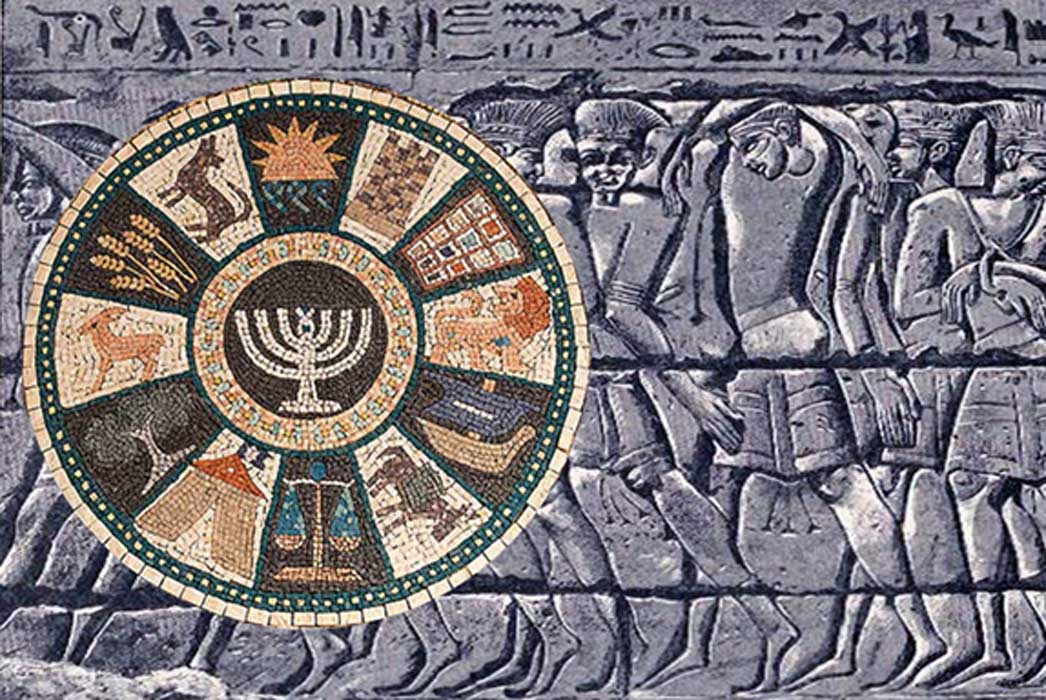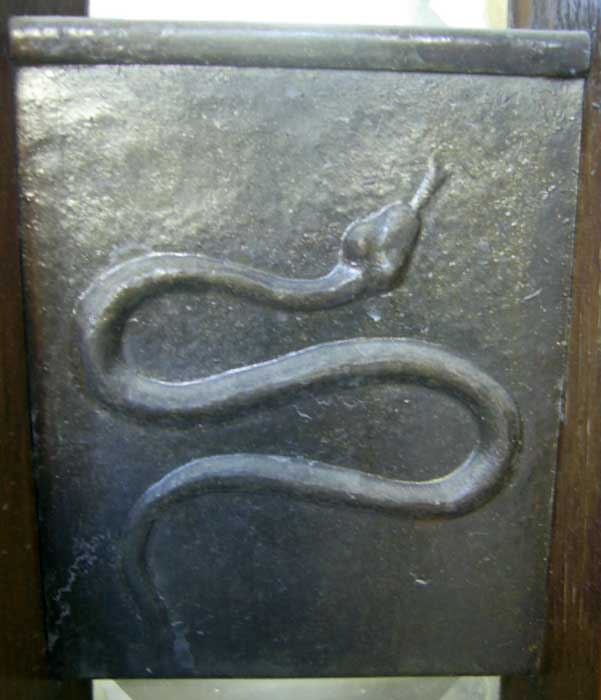
Mystery People of the Sea— Who were the Ancient Danites & Danaan? Part I
The Danaan and Danites are a mystery people for many historians. Speculated to have been Greek seafarers in the late Bronze Age, they are also closely associated with the Sea Peoples who ravaged the Eastern Mediterranean during the same period. Other evidence suggests they originated somewhere along the coast of the Levant, or they were an Israelite tribe that fled with Moses during the biblical Exodus from Egypt. Whoever the Danaan or Danites were, they left a conflicting legacy.
The warriors who sacked Egypt for its spoils, or Homer’s Troy may explain the mysterious identity and origins of these people, along with the use of Greek mythologies and the Bible itself. Let us first look to the Bible and its description of the events that took place before delving into the Greek story about Danaus and Aegyptus.
Who are the Danites?
According to the Book of Genesis, Dan was the fifth son of Jacob, and was mother Bilhah’s first son. He was the founder of the Israelite Tribe of Dan. In the biblical account, Dan's mother is described as Rachel's handmaid, who becomes one of Jacob's wives. (Genesis 30:1-6). The tribe of Dan fled Egypt with the rest of the Israelites led by Moses during the Exodus.

The Dan tribe's serpent plate (CC BY 2.0)
Afterwards, the Danites along with their Israelite brethren fought and defeated many foes, such as the Canaanites, Ammonites, Moabites and the most troublesome: the Philistines. Dan’s territorial allotment, recorded in Joshua 19:40-46, only gives a list of towns:
The seventh lot came out for the tribe of Dan according to its clans. The territory of their inheritance included:
Zorah, Eshtaol, Ir Shemesh, Shaalabbin, Aijalon, Ithlah, Elon, Timnah, Ekron, Eltekeh, Gibbethon, Baalath, Jehud, Bene Berak, Gath Rimmon, Me Jarkon and Rakkon, with the area facing Joppa.
While verses 42-46 describe settlements, verses 47-48 mentions that the Danites left and “went up to fight against Leshem, and took it, and smote it with the edge of the sword, and possessed it, and dwelt therein, and called Leshem, Dan, after the name of Dan their father.” However, verses 40-48 were likely added later. The reason the author of Joshua did not describe borders but provided a list of settlements and a quick mention of their move to the north is that the borders of Dan were constantly changing due to the rift they had with the Philistines, which caused them to pack up and migrate north. However, Dan’s relationship with the Philistines may not have always been hostile.
- Only 11 Tribes of Israel? Controversial Findings Reveal Danites Might Not Be Sons of Israel But Sons Of Greece
- In Search of the Origins of the Philistines - Part 1
- The Dangerous Danaids: Meet 49 of the Most Murderous Royals in Greek Myth
When the Danites had settled between the tribes of Judah, Benjamin, and Ephraim, a problem arose; their territory was too small. They could not expand north, south, or east, for that was their brethren’s territory. Therefore, they looked west, but ran into another problem. Further expansion west was not possible due to the powerful city-states along the coast of southern Canaan. Because of this, the Danites were landlocked.




